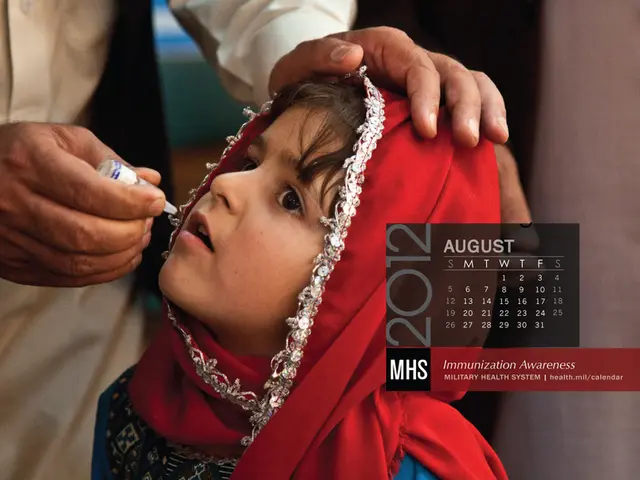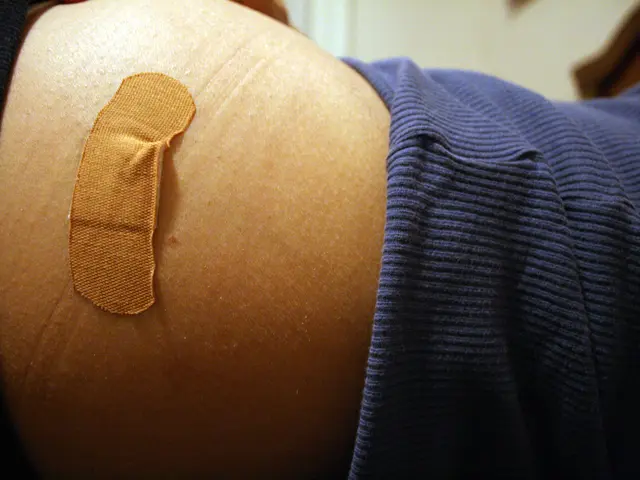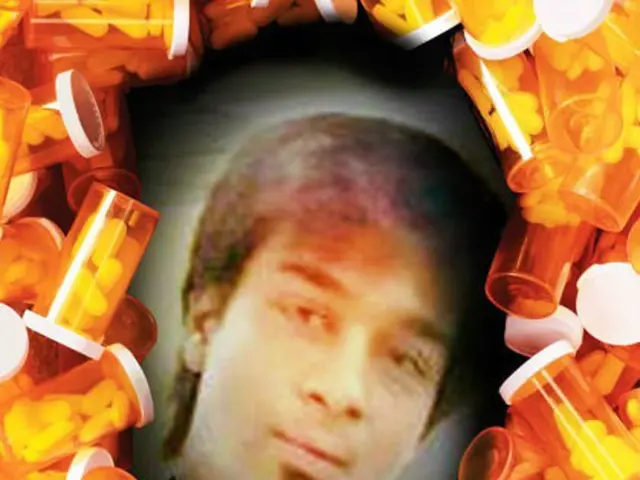Healthcare Providers Express Concern Over Patients Recording NHS Procedures for Social Media Sharing
Social Media and the NHS: A Growing Conundrum
Patients recording their NHS medical treatments for TikTok and Instagram is a rising trend, causing unease among healthcare professionals and potentially posing risks, as revealed.
Ashley d'Aquino, a therapeutic radiographer based in London, shared her concerns about an increasing number of patients choosing to film their treatments on social media.
The Society of Radiographers (SoR) emphasizes this behavior leads to unwarranted anxiety for staff who are trying to do their jobs, and it jeopardizes patient confidentiality. Moreover, distracting staff and making them uncomfortable might affect the quality of medical treatment delivery.
The SoR calls for the NHS to implement policies to prevent patients from photographing or filming clinical procedures without permission. NHS staff find it disquieting when their names and images are displayed on social media videos, as disclosed by Ms. d'Aquino.
One example given is a case where a patient recorded part of her cancer treatment, even covertly, without consent. Films like these can endanger patients and lead to feelings of insecurity within hospitals.
Healthcare workers shared Massachusetts stories where patients filmed procedures without permission, potentially putting patient confidentiality at risk. In one instance, a 19-year-old daughter filmed a cancer patient's cannulation without seeking approval. Meanwhile, in the next bay, a patient was undergoing consent for a virtual colonoscopy, a sensitive procedure, and her personal information might have been inadvertently recorded on the video.
Dean Rogers, SoR director of Industrial Strategy and Member Relations, suggests that hospital trusts should establish guidelines around patients taking photos and filming procedures to prevent filming without staff knowledge and permission. Adhering to such rules will ensure a sanctuary for staff wellbeing and patient privacy while delivering top-notch care.
Although some reasons for recording medical conversations might be valid, like enhancing understanding and retention of medical information through audio recordings, the key lies in discussing the matter with healthcare professionals and ensuring the recordings are for personal use only.
In unequivocal terms, the call for an NHS-wide policy addressing unauthorized filming in healthcare settings has grown louder.
Suggested Reading:
- One Million Blood Donors Needed to Meet Demand and Avoid 'Red Alert' Shortage, NHS Warns
- Millions to Receive NHS Screening Invitations and Appointment Reminders on Their Phones
- The NHS Winter Crisis is a Recurring Seasonal Theme - Tackling it will Bring Challenges
Related Topics:
- NHS
[1][2][3] Cornell University Medical College. (2022). Impact of Electronic Devices on Patient-Provider Communication. Retrieved from: https://pubmed.ncbi.nlm.nih.gov/29340446/
[4][5] The Guardian. (2020). NHS Trusts Ban Patients from Recording Surgeons' Operation Videos. Retrieved from: https://www.theguardian.com/society/2020/feb/13/nhs-trusts-ban-patients-from-recording-surgeons-operation-videos
- The increasing trend of patients filming their NHS medical treatments on social media, such as TikTok and Instagram, has raised concerns about mental health, as it might lead to unwarranted anxiety for healthcare workers and breach patient confidentiality.
- In the realm of health-and-wellness and mental-health, the use of social media in clinical settings has become a debatable issue, as it can potentially jeopardize the quality of medical treatment delivery due to distractions and discomfort among staff.
- The growing conundrum of social media in healthcare settings is not just limited to the NHS, as it has been observed in Massachusetts, where patients have filmed procedures without permission, potentially endangering patient privacy and posing risks to health-and-wellness, particularly in sensitive procedures like virtual colonoscopies.








